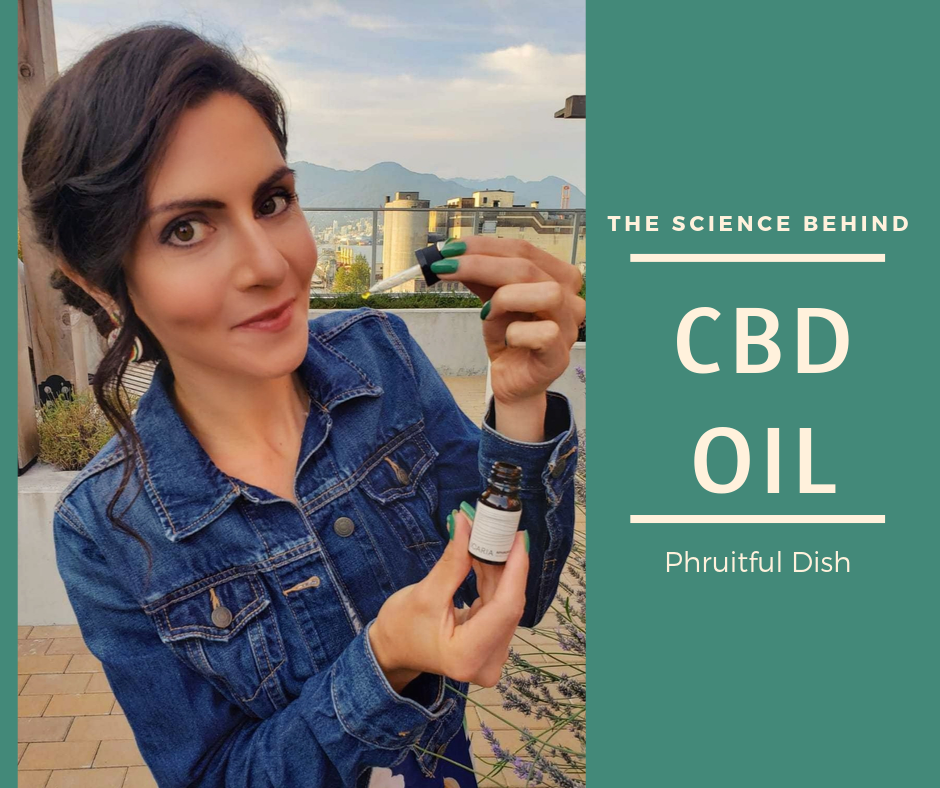Learn why these spices and herbs boost our mood and how we can incorporate them into recipes.
Categories
8 Spices to Beat The Winter Blues


Learn why these spices and herbs boost our mood and how we can incorporate them into recipes.

Discover the latest research studies on CBD oil for decreasing inflammation and migraines.

Studies show that magnesium deficiencies are more common in women with PCOS. Learn how supplementing with magnesium may help manage insulin resistance, inflammation, anxiety, and more.